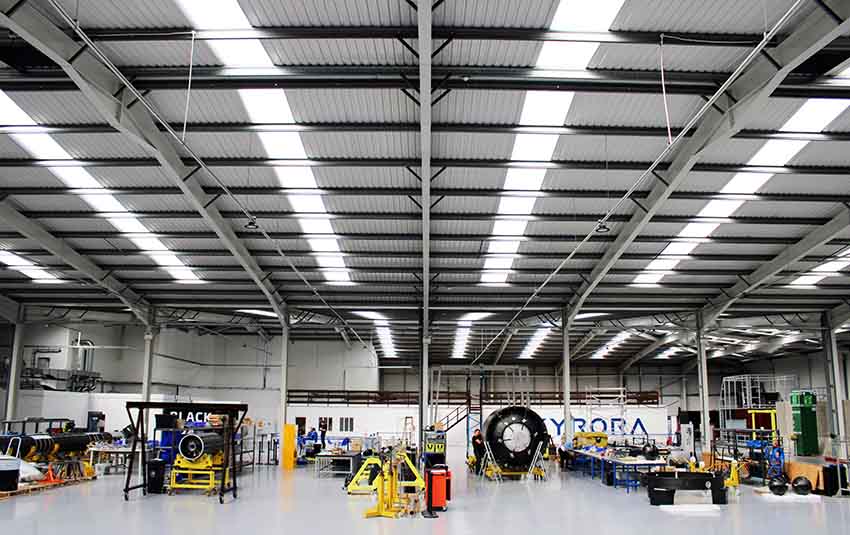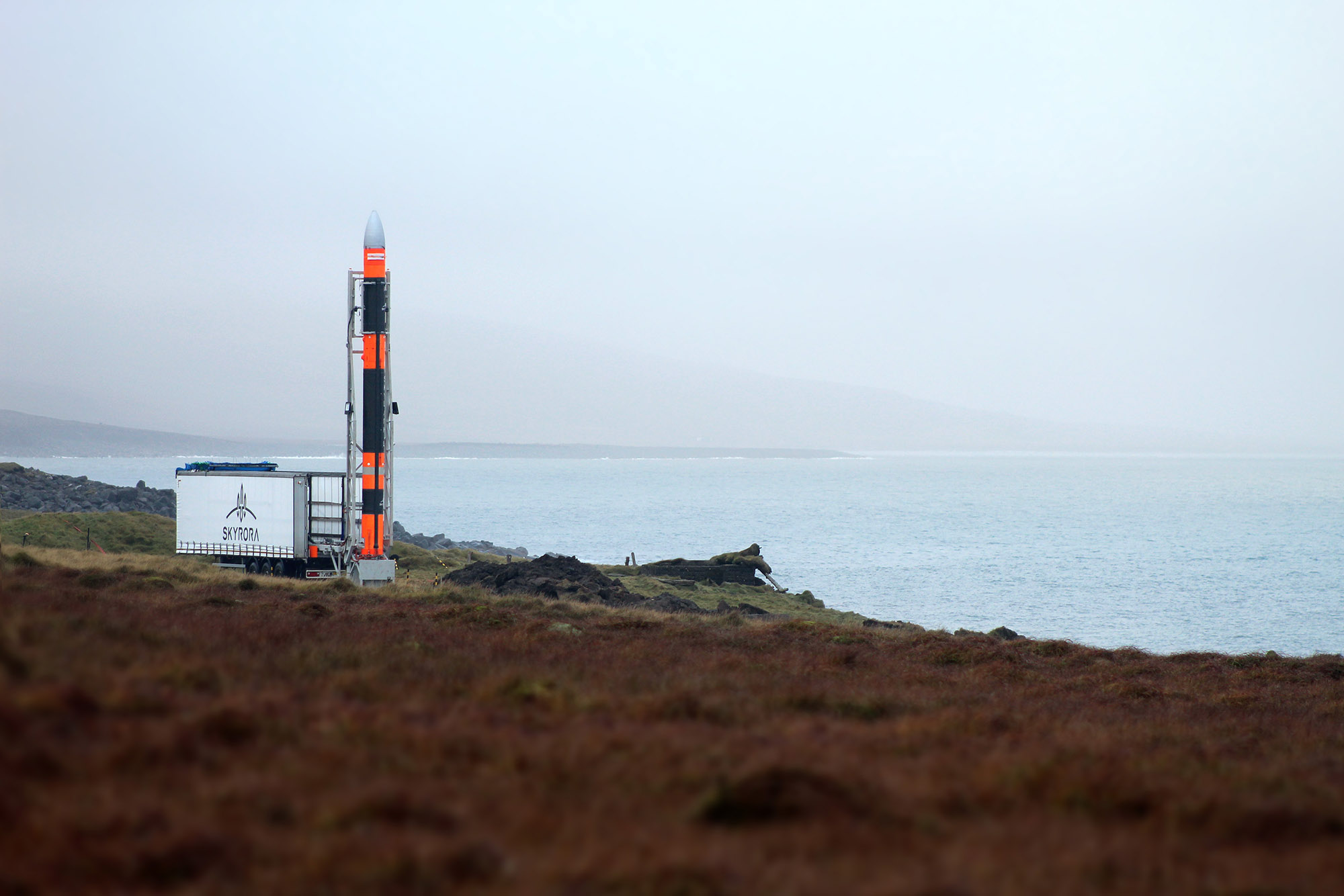Skyrora is a UK launch vehicle provider with an environmental conscious at the forefront of its focus. The company aims to support the UK’s plans for space sector growth and the increasing need for a sovereign launch capability by providing these capabilities to satellite customers, the UK government and the Ministry of Defence through their rapid, flexible, and mobile launch service, continuously evolving to meet the needs of the modern commercial environment.
Interview with Nickie Finnegan, Head of Communications at Skyrora.
Easy Engineering: What are the main areas of activity of the company?
Nickie Finnegan: Skyrora’s aim is to become the leading launch provider operating within the UK and the number one commercial provider for access to space. Skyrora is developing innovative and long-term solutions for future growth through the development of several launch vehicles.
Skyrora’s incremental learning approach includes the development of four small suborbital rockets in order to perform real-time testing of the avionics, ground control systems, payload deployment and recovery systems of the vehicles in parallel with the development of our orbital rocket, Skyrora XL. Each suborbital vehicle in the design suite builds upon the last in terms of complexity and benefits for realising launch, staff training, and technology development.
E.E: What’s the news about new products?
N.F: In October 2022, Skyrora attempted to launch our suborbital vehicle, Skylark L, into space from a site in Langanes, Iceland, marking another milestone on our way to commercial viability and the first vertical orbital launch from UK soil in 2023. Although the vehicle experienced an anomaly after leaving the launch pad, this launch attempt provided the team with valuable experience in operations procedures, logistics coordination, and execution of the rapid setup and pack-down of our mobile launch complex, experience which will propel us forward monumentally in our mission to reach orbit. Skyrora is already planning a second launch of Skylark L for later this year. We will also be conducting a static fire test of the first stage of Skyrora XL ahead of orbital launch.

E.E: What are the ranges of products?
N.F: Our orbital vehicle, Skyrora XL, is a 22.7-metre long, three-stage, guided orbital launch vehicle capable of carrying a payload weighing up to 315kg to an altitude between 500km and 1,000km. This vehicle can access polar and sun synchronous orbits. To conclude the year in Q4 2020, Skyrora successfully completed a full upper stage static fire test of the orbital launch vehicle, Skyrora XL. Skyrora also conducted a successful second stage static fire test of Skyrora XL in Q2 2022.
The maneuverable third stage of the Skyrora XL launch vehicle, also referred to as the Space Tug, aims to provide space services to satellites in orbit and future orbital spacecrafts. The design of the Space Tug is based on the upper stage of the Skyrora XL orbital launch vehicle, with adaptations that will allow the technology to survive in a space environment. The Space Tug is designed to be compatible with both the upper stage of the Skyrora XL launch vehicle as well as the payload component, to enable a partner launch vehicle.
The Space Tug will be able to deploy payloads into different orbits and altitudes; to correct satellite or spacecraft orbit; to de-orbit space debris or transfer space debris to disposal orbits; to refuel satellites and spacecrafts; and to transfer payloads into lunar orbit and interplanetary missions.
Aiming to lead the way in the development of a sustainable aerospace and domestic aviation sector, Skyrora are also developing a sustainable aviation fuel derived from non-recyclable plastics. Ecosene aims to convert plastic waste into high-grade kerosene for the aviation and aerospace sectors, providing an alternative and ecological solution to fossil-based options.

E.E: At what stage is the market where you are currently active?
N.F: The UK launch sector is rapidly developing to approach the first orbital launch from UK soil. Horizontal and vertical spaceports are currently in construction across the UK to aid this progression. Virgin Orbit recently attempted horizontal launch from Spaceport Cornwall but unfortunately experienced an anomaly. Therefore, the first successful orbital launch from the UK still has yet to take place. Nonetheless, there is a growing appetite for launch services in the UK, with several prominent satellite manufacturers located in Scotland.
E.E: What estimations do you have for 2023?
N.F: We expect to see an increase in budget, a global commitment to space exploration, and a growing awareness of the new space economy in 2023. In 2023, Skyrora looks forward to furthering the development of our orbital vehicle following a submission of our launch vehicle licence application to the Civil Aviation Authority last year. The granting of this licence will enable safe and responsible UK launch. Ultimately, the need for an agile and mobile launch capability to address the current market gap in providing access to orbit for small sats and cube sats will only increase this year.


